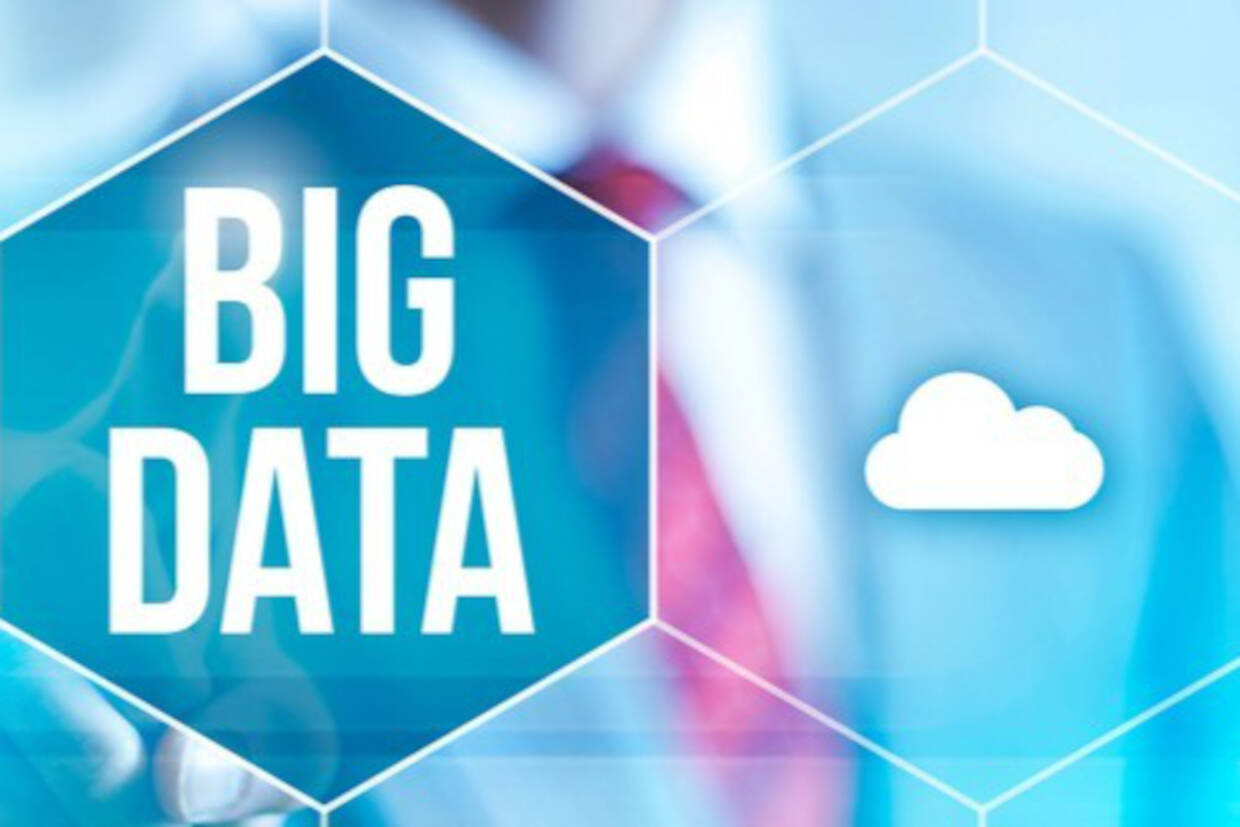In an age where the average person spends 24 hours per week looking at their phone, we have encountered a new and unique problem – we have too much data. And 90% of all the data ever generated was created in the last two years.
Some companies use data to offer a more personal experience to their customers. Amazon, for example, has been recommending products to customers for a long time. They have perfected the mining and processing of the data they collect so they can tailor online recommendations to individual customers. Other companies have followed their lead; millennial examples might include being recommended songs on Spotify or the ‘Top Picks for...’ section on Netflix.
Beyond this, however, data can be used for an almost endless set of business needs, with the pharmaceutical industry being one example. There are many diseases that we still don’t understand and pharmaceutical companies need lots of data on different patient groups in order to test new therapies. Regeneron is a company that sequences the human genome so that deeper data on patients can be centralised, allowing drug companies to access the information they need. This, obviously, has staggering potential.
Data in Marketing
In a 2013 evaluation by Forrester Consulting it was found that incorporating big data into marketing strategies could improve customer engagement and customer lifetime commitment. We are going to look at three ways data helps solve real customer problems.
Know Your Customer
In the Forrester survey, it was revealed that for many marketing organisations top priorities were increasing customer loyalty, customer acquisition, and growing long-term relationships. Being responsive to customer needs is critical for building loyalty over time. For example, if a customer’s buying habits change then a retailer will foster the most loyalty if they offer deals that are relevant to these habits. If someone starts drinking vintage red wine, offer them a deal!
When datasets become larger and more detailed, businesses will be able to profile customers with more and more accuracy. If 85% of people buying a certain type of baby milk also buy a certain range of baby meals, then a new customer buying only the milk can also be targeted with the meals. It sounds simple, but to make these data-driven automated marketing decisions businesses need to process tens of millions of data points in real time.
Data Can Mean the Difference Between Life and Death
Big data is beginning to have a serious impact in the biopharmaceutical business, particularly because the industry has become more data oriented in recent years as new technologies become more affordable and available. For example, 15 years ago the cost of genome sequencing was $10m per genome. Now, it is less than $1,000. As a result of this, the amount of genomic data has increased and as it does, the amount of patient, disease and treatment related information has also expanded. The NHS adds 127 million records to its database every year.
Using big data can help deliver more effective clinical trials – a relief when trials normally cost at least $2b per drug and the average drug only has a 10% chance of making it successfully through trials. Historically patients have been chosen based on fundamental, but basic features such as age, gender, and how the disease presents itself. These factors only make up a small fraction of the possible variations among patients. By using big data analytics, biopharma companies can assess a massive variety of features that can properly pick out potential patients who are most likely to respond to the drug. This minimises both the cost and risk of the trial.
The benefits of big data don’t end there. They are also useful in predicting any given patient’s response to a certain treatment, which allows doctors to better match patients with treatments. One mistake could mean the difference between life and death, so a database which allows physicians to choose a drug that is deemed more likely to work and is the least harmful to the patient will be extremely useful.
Even beyond this, big data can be used for manufacturing purposes to predict demand for drugs so companies don’t reach a bottleneck and a drug or equipment deficiency.
Make Phone Calls Effective
Using data from online and channelling it to offline situations allows for a personal touch that any customer would appreciate. For example, if someone has been searching for Spanish holidays on a travel website or has been looking at Spanish cities, events, etc., and they call a travel company, the call can be routed straight through to the agent who deals and specialises with Spain. The agent can access more specific information about the customer from the database and it makes the agent more likely to make a sale.
Customer service call centres that are able to easily access customer information on the phone are better able to deal with enquiries more effectively and build a relationship with their customer. One such example is if a customer calls their garage and they have every detail about their car and its servicing history, it puts the customer at ease and can lead to a much better interaction.
“Mr Jennings I see you were in four months ago and your rear left tyre was a little worn – we have a 25% off deal on a new tyre that’s a perfect replacement.”
The opportunities are endless when information is available.
Use Business Intelligence to Drive Your Business
At Red Flag Alert we provide access to the most up-to-date business data in the UK. Our clients use this information to grow fast, prevent bad debt, and monitor stakeholders. To find out how you can benefit, please contact Richard West on richard.west@redflagalert.com or 0344 412 6699.




